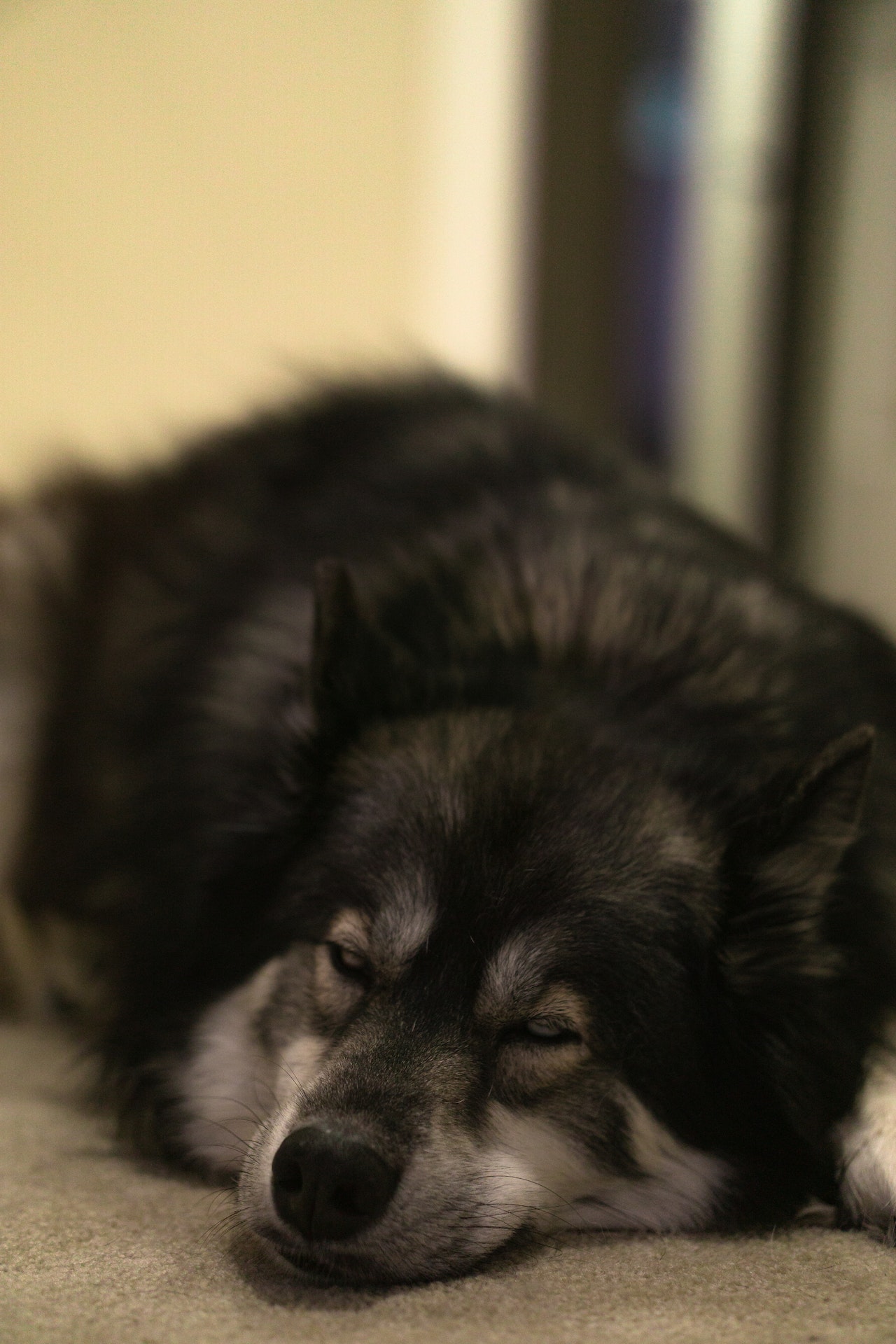
If you own a pet, you know it can be truly devastating to witness your beloved furry companion struggling with dementia. While there is no known cure for this condition, there are certainly ways to provide care and make their lives as comfortable as possible.
Caring for a Dog With Dementia: 5 Useful Tips
Here are five tips that may prove helpful when caring for a dog with dementia:
Remain Calm and Patient
If your dog is suffering from dementia, you may notice certain behaviors that can be frustrating to deal with, such as forgetting their house training or barking in the middle of the night. It’s important to approach these situations with a sense of calm and patience, and avoid getting angry or punishing them, as this can actually worsen the situation.
Talk to Your Vet About Medications
In some cases, there are medications that a veterinarian can prescribe to alleviate the progression of dementia or reduce anxiety in dogs. It’s crucial to consult with your vet to discuss the best course of action and obtain any necessary prescriptions.
Prepare for Accidents
It’s not uncommon for dogs with dementia to forget their house training and have accidents indoors. It’s important to anticipate this possibility and have cleaning supplies readily available. Additionally, taking safety measures to prevent your pet from wandering off or getting injured is vital.
Provide Physical Activity and Mental Stimulation
Ensuring that your dog remains active and engaged can be beneficial in slowing down the progression of dementia and enhancing their quality of life. Activities such as taking your dog for walks or providing them with puzzle toys to stimulate their minds can be helpful. However, it’s essential to avoid overstimulating them or causing them any unnecessary stress.
Get Them Regular Vet Checkups
It is crucial to monitor your dog’s condition and adjust its care plan as required. Scheduling routine checkups with your veterinarian can help you stay informed of any shifts in your pet’s behavior or health. Additionally, your vet may suggest new approaches to caring for your furry friend.
What Are the Symptoms of Dementia in Dogs?
To care for a dog with dementia, you must learn about the disease. Here are a few symptoms indicating a dog is suffering from dementia:
Disorientation or Confusion
Dogs who are affected by dementia may become confused or disoriented. This can manifest in various ways, such as forgetting their location or current activity, and may result in aimless wandering or becoming lost in familiar environments.
Changes in Behavior
Dogs who suffer from dementia may display behavioral changes such as increased anxiety or irritability or withdrawal from social interactions. Additionally, their sleep patterns may be altered, and they may become more restless at night.
Memory Loss
Memory loss is one of the most common symptoms experienced by dogs with dementia. They may need to remember people or places that they are familiar with, as well as basic commands or routines.
Difficulty Learning or Comprehending
Dogs with dementia may struggle to learn new things or understand basic instructions. Additionally, they may struggle to recognize familiar objects or sounds.
Restlessness or Separation Anxiety
Dogs who suffer from dementia may show signs of restlessness or separation anxiety. They may become more clingy or seek more attention from their owners and may become distressed when separated from them.
Recommended Activities for a Dog With Dementia
Unfortunately, there are no known cures for dementia. So, both owners and pets need to do what they can. For owners, losing a furry friend is certainly heart-wrecking. Therefore, owners must prepare themselves and make necessary arrangements by partnering with friends and family members, and maybe even consider at-home euthanasia services in Boston if the dementia has a severe impact on your dog’s quality of life.
However, before the worst comes, there are a few recommended activities for a dog with dementia:
Take Gentle Walks
Taking your dog for a slow, gentle walk can offer much-needed mental stimulation. It is important to allow your furry friend to explore their surroundings and take in new sights and smells.
Do Problem-Solving Games
Encourage your furry friend to participate in problem-solving games like hide and seek. You can hide a toy or treat somewhere and encourage your furry friend to find it. This can help to stimulate their brain and keep them engaged.
Work on Commands
Practicing basic commands such as “sit” and “stay” can provide mental stimulation for dogs with dementia. It would help if you made it more exciting by incorporating stop-and-go games during training sessions. This will help keep your dog’s mind active and focused.
Do Enrichment Activities
You can provide your dog with interactive food toys to stimulate them mentally. These toys can help slow their eating and provide an engaging and fun activity. Some examples of interactive food toys include puzzle feeders, treat-dispensing toys, and snuffle mats.
Conclusion
Caring for a dog with dementia can be difficult, but it’s important to remain patient and take necessary safety precautions while providing both physical and mental stimulation to them. It’s also advisable to consult your vet about medication to help ease your dog’s symptoms and schedule regular checkups to monitor your dog’s health.


